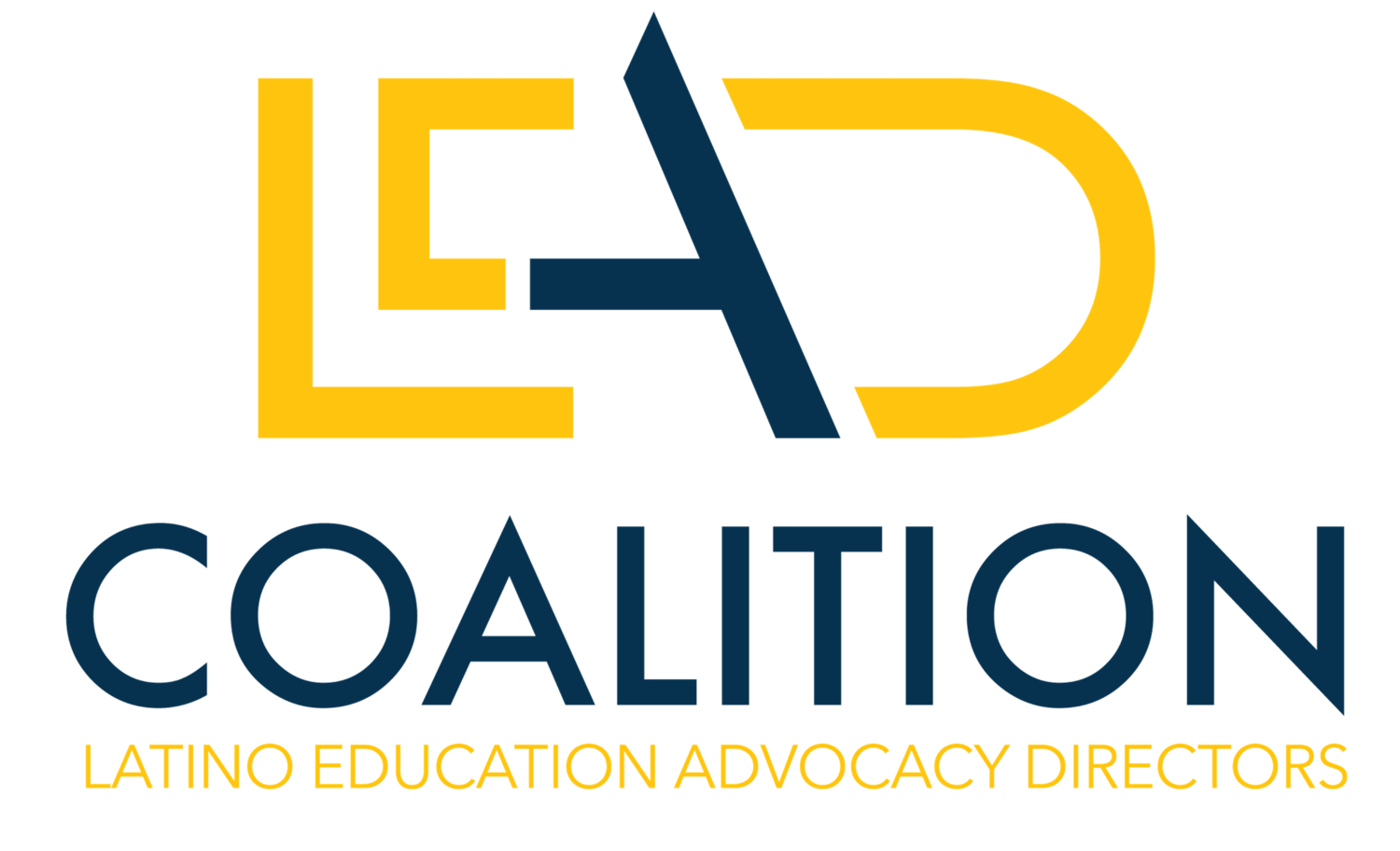Know Your Rights
Your Rights in the NYC Public School System
Your child has the right to go to school regardless of his or her immigration status, or your family’s immigration status.
If your child needs help learning English, you have the right to choose either a bilingual or English as a New Language (ENL) program.
You have the right to apply to public schools of your choice for elementary, middle, and high school.
You have the right to receive school-related information translated into your preferred language.
You have the right to be told if your child is at risk of suspension or repeating a grade.
Your child is entitled to receive an education without being discriminated because of his race, immigration status, country of origin, or ethnicity.
For more information on your rights in NY Schools: Know Your Rights: A Guide to the Legal Rights of Immigrant Families in New York City Public Schools (English).
Translation and Interpretation Services in New York City Public Schools
In New York City public schools, parents who do not speak English have a right to free translation and interpretation services in order to communicate with their children's schools and other Department of Education (DOE) offices and participate in their children’s education. Parents have the right to have their children’s school records and other important documents translated into their native language and to have interpreters available at meetings with school and DOE staff.
For more information on parents’ right to translation and interpretation in schools: Translation and Interpretation Services in New York City Public Schools.
Program Options for English Language Learners
Parents of English Language Learners (ELLs) have a right to choose one of these three programs for their children to learn English. Each program uses different methods to help children learn English. When thinking about which program will be best for your child, remember that a program that is good for one child might not be best for another child. Things like age and personality type can affect your child’s success. Also, other factors may have an effect on your child’s education such as teacher quality, school support, and how the specific classroom fits your child’s needs.
There are three main English language learning programs in New York City’s Public Schools: English as a New Language (ENL), Transitional Bilingual Education (TBE), and Dual Language. Currently, the most common programs are ENL and transitional bilingual education, but dual language programs are becoming increasingly available.
For more information on program options for English Language Learners: Program Options for English Language Learners
Special Education
Many people think of special education as separate classes or separate schools, but special education is actually a continuum of specially designed instruction, including a combination of supports and services, intended to meet the unique needs of a child with a disability. These supports and services are documented in a student’s Individualized Education Program (IEP). Depending on the needs of the child, services may be provided in a general education setting, in a separate special education classroom, or in a combination of both settings.
The federal law about special education is called the Individuals with Disabilities Education Act (IDEA). The IDEA guarantees a free appropriate public education (FAPE) for each student. New York State and New York City also have laws and policies about special education. A federal court case called Jose P. provides some additional rights to parents and students living in New York City.
For more information on the rights of students with disabilities: Guide to Special Education.
Bullying, Harassment, and Discrimination of Immigrant Students in NYC Schools
Your child has the right to attend a school where he/she is safe and supported and there is no bullying, harassment, or discrimination. The New York City Department of Education (DOE) does not allow bullying, harassment, and discrimination based on race, color, ethnicity, national origin, immigration status, or religion.
The behavior is not allowed when it happens on school grounds, before or after school, in DOE cars, at DOE-sponsored events, and sometimes when the behavior takes place off of school property and is related to school. No one can be punished for reporting bullying, harassment, or discrimination of a student.
For More Information on the rights of immigrant students facing bullying or discrimination: Bullying, Harassment, and Discrimination of Immigrant Students in NYC Schools.
Other Helpful Resources
Enrollment in New York City Public Schools for Immigrant Families




